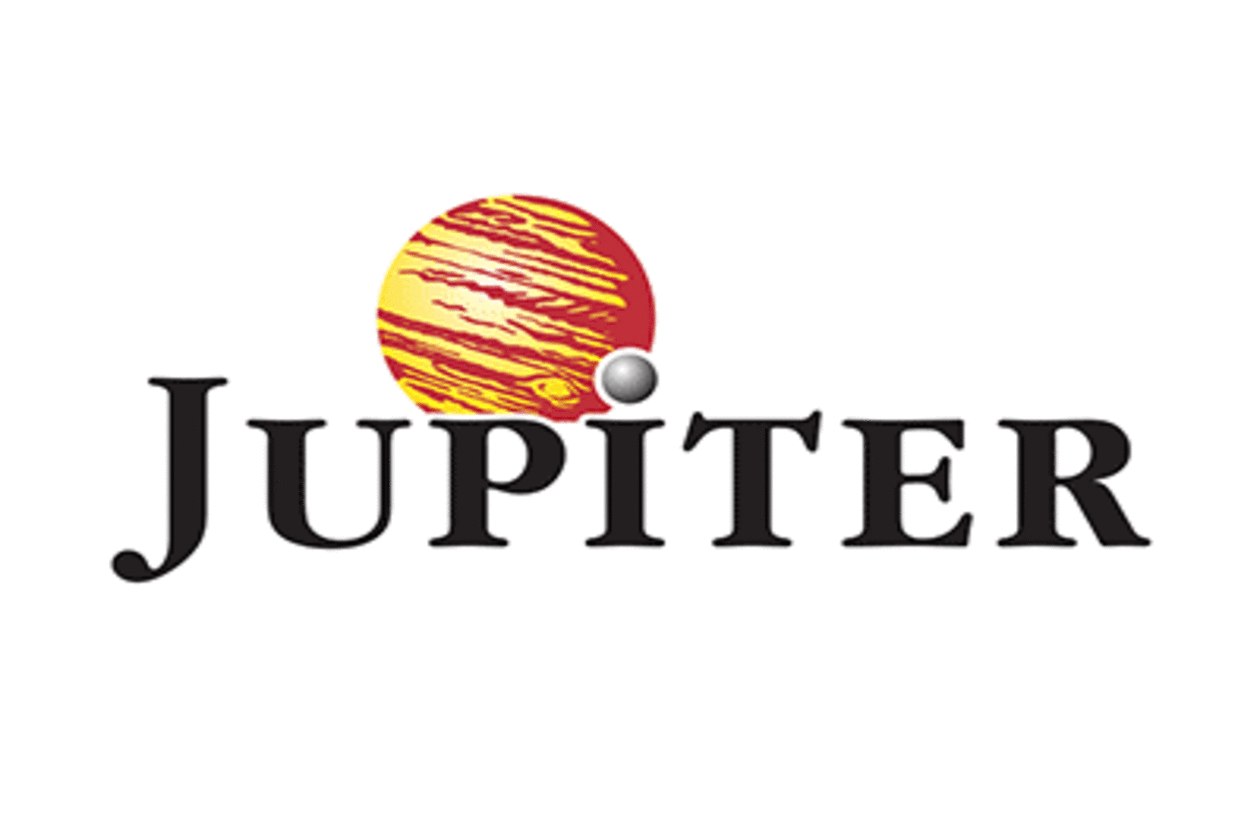Jason Pidcock is a highly experienced fund manager who has been investing across Asia for over 30 years
This is a concentrated portfolio of financially robust, income-paying companies
Performance over the long and short term has been strong, with the fund holding up well in falling markets
This fund features on our Wealth Shortlist of funds chosen by our analysts for their long-term performance potential
How it fits in a portfolio
The Jupiter Asian Income fund aims to deliver income and capital growth over the long term by investing in Asian companies. The fund mainly focuses on larger businesses in developed Asian countries, such as Australia and Singapore, except for Japan.
We think the fund could form part of a portfolio invested to generate an income or help to diversify the Asian portion of a broader global portfolio. Unlike many Asia funds, this one doesn’t currently invest in China, so it could blend well with other funds that do.
Manager
Jason Pidcock started investing in Asian companies in 1996 having spent three years prior to this analysing companies in the region. In 2005 he set up BNY Mellon Asian Income (previously Newton Asian Income) where he built a strong reputation, before leaving in 2015 to set up Jupiter Asian Income. We hold Pidcock in high regard and view him as a diligent investor with a focus on the finer details.
Pidcock is supported by co-manager Sam Konrad who joined Jupiter in October 2022. Prior to this he spent 17 years at UBS as an analyst, gaining experience across all major global markets. Konrad is currently based in Singapore, where he’s able to conduct on-the-ground research and meet companies within Asia. He continues to work closely with Pidcock on the day-to-day management of the fund and will return to working in London in the second half of 2026.
We’ve met Konrad several times now and are impressed by his skills as an investor. We believe his investment style aligns with Pidcock and he offers a good source of challenge and debate. That said, our key conviction continues to lie with Pidcock.
Process
This fund aims to provide an income at least 20% higher than the fund's benchmark while also achieving capital growth. The managers aim to do this by investing in companies that pay an attractive income and have the potential to grow dividends over time. They also invest in some companies that pay a lower income but have greater potential to grow their share price.
Their stock-picking process seeks companies that make plenty of cash, have low levels of debt and are in good financial health. These businesses are typically industry leaders with advantages that are hard to replicate. They should also be run by robust management teams and having regular contact with them is key to the managers’ process.
Unlike many fund managers, Pidcock and Konrad pay close attention to wider economic factors when making investment decisions. This includes things like a country’s political landscape, which they believe has a bearing on what occurs in different economies. For this reason, the managers continue to have no direct investments in China due to concerns surrounding the health of the economy, government intervention and rising tensions with Taiwan. Instead, they prefer to gain exposure to the Chinese economy through companies that are based elsewhere and sell into the country.
This results in a portfolio of around 30 companies. The small number means each one can have a significant impact on performance, though this increases risk. Larger businesses in developed Asian markets form the foundations of the fund but it can also invest in higher-risk emerging markets.
The fund is currently mainly invested in Taiwan, Australia and Singapore. These three countries account for 71.70% of investments. On a sector basis, technology and financials companies make up just over half of the fund.
The managers typically don’t make many changes to the fund, but there have been some over the past year. They’ve bought shares in the Australian retailer Woolworths and the Singaporean REIT CapitaLand, where they see the country as well-positioned to take market share away from Hong Kong in the office and retail space sector.
To make room for these investments, the managers sold positions in banking group HSBC and the Australian toll-road operator Transurban. The latter has contracts coming to an end, raising doubts over their ability to generate income at the same level they’ve been doing so.
Culture
The fund managers at Jupiter are given autonomy to invest the way they see fit. They believe this will benefit investors over the long run, but the autonomy comes with an appropriate level of challenge from others in the business. This business setup allows Pidcock and Konrad to focus on fund management, their team, and maintain flexibility.
Both managers invest their own money in this fund, and we think they’re incentivised in a way that could maximise long-term performance, meaning their interests should be aligned with those of investors.
ESG Integration
Jupiter’s approach to ESG is fund manager led, so the fund managers themselves are responsible for implementing ESG in their investment decisions. They typically approach ESG issues with a materiality-based approach, meaning they focus on ESG risks most material to each company. The firm also subscribes to several third-party data providers (including Sustainalytics, RepRisk, ISS and MSCI) which offer information that fund managers can use in their research. Where red flags are raised, the managers investigate. Fund managers work closely with central ESG experts on ESG integration, engagement, and proxy voting and the fund managers’ commitment to these topics is a consideration in their annual appraisals.
We like that engagement is not delegated to a separate department. Instead, the fund manager who made the decision to invest in the company leads engagement activity directly, allowing more meaningful and relevant engagement. More information about the firm’s ESG policies and engagement case studies can be found in its annual Stewardship report.
The firm offers a small number of exclusions and sustainability-focused funds, including the longstanding Jupiter Ecology fund, and there is a controversial weapons exclusion applied to all Jupiter funds. The firm makes all voting records available on its website, complete with a rationale for votes against management recommendations.
Cost
The fund has an annual ongoing charge of 0.99%, but we’ve secured HL clients an ongoing saving of 0.29%. This means you’ll pay a net ongoing charge of 0.70%.
The fund discount is achieved through a loyalty bonus, which could be subject to tax if held outside of an ISA or SIPP. The HL platform fee of up to 0.45% per year also applies, unless the fund is held in a Junior ISA.
Performance
Pidcock has built up an impressive track record during his fund management career. Since launching this fund in March 2016, it’s returned 159.86%*. This is ahead of both the fund’s benchmark and the average fund in the IA Asia Pacific ex Japan sector, which grew 113.32%.
The managers’ focus on quality, dividend-paying companies means we expect the fund to hold up relatively well when markets fall. This won't necessarily happen all the time though. As always, past performance isn’t a guide to future returns.
Over the past year the fund has delivered positive returns of 7.91%, however this was behind both the fund’s benchmark and the IA sector average. China has been one of the best performing Asian markets during this time so the managers’ decision not to invest in the country hurt relative returns. Conversely, the fund’s allocation to Singapore, another strong market, was of benefit to performance.
Some of the top performing investments in the fund over the past year include Taiwanese semiconductor firm MediaTek and Singaporean bank DBS Group.
As the fund currently doesn’t invest in China, which is a large part of the broader Asian market, performance can look different to the wider sector. While the fund has lagged the benchmark recently as China’s market has grown, there have also been occasions where the Chinese market was weaker, which provided relative benefit to the fund. Of course, there are no guarantees to performance.
At the time of writing, the fund yields 3.56%. Dividends are variable with yields not guaranteed, so this is not a guide to future income. Investors should be aware that charges are taken from capital, which can increase the yield but reduces the potential for capital growth.
Annual percentage growth
31/07/2020 To 31/07/2021 | 31/07/2021 To 31/07/2022 | 31/07/2022 To 31/07/2023 | 31/07/2023 To 31/07/2024 | 31/07/2024 To 31/07/2025 | |
|---|---|---|---|---|---|
Jupiter Asian Income | 17.80% | 11.47% | 3.81% | 20.34% | 7.91% |
IA Asia Pacific Excluding Japan | 18.22% | -5.56% | 0.13% | 4.49% | 13.30% |


